Chapter nine is a curious chapter, its portrayal of Saul, who is introduced here, open to various interpretations. Some scholars argue that the chapter, and indeed the Saul narrative as a whole, is a composite of different sources and traditions, some pro-Saul, and some anti. Others read the narrative positively, identifying those characteristics in the story which suggest that Saul has the right attributes to be king. Evans, for example, provides a psychological account in which she suggests that Saul may have harboured secret ambitions to be a leader, that he may, in fact, have had his own sense of calling to leadership which is now confirmed by Samuel (66-67). She further finds evidence for his suitability in the very ordinariness of his circumstances —obeying his father and searching for donkeys, and listening to the advice of his servant. Certainly Saul looks like king-material; he is tall and handsome and from a wealthy and influential family, despite his modesty in verse 21. Others, however, remain unconvinced and so find a very unflattering portrayal of Saul in the chapter. He is never defined as a man of God or as walking in his ways. He appears indecisive and lacks initiative, relying on his servant’s advice and even his money. When he meets Samuel he does not recognise him as the seer that he is seeking.
Despite this ambiguity, however, one thing is clear: God has chosen Saul. The whole story unfolds in an atmosphere of chance and coincidence—read: providence. Donkeys go missing; Saul arrives at Zuph just as Samuel does; this unknown man is “discovered,” pointed out by God to Samuel. The text is explicit:
Verse 16
Tomorrow about this time I will send to you a man from the land of Benjamin, and you shall anoint him to be prince over my people Israel. He shall save my people from the hand of the Philistines. For I have seen my people, because their cry has come to me.
Then, when Saul arrives, the Lord speaks again to Samuel, saying to him, “Here is the man of whom I spoke to you” (v. 17). Evans is correct: “What is very clear in this instance is that the choice of Saul was entirely God’s. … There is no room here for misunderstanding. Saul was God’s appointed man” (65). This is no doubt the reason for Evans’ attempt to show that Saul was, in fact, an ideal choice to be king, or at least, a suitable choice.
This lack of ambiguity with respect to the divine choice, when viewed alongside the evident ambiguity of Saul’s character leads to further questions. Did God choose Saul knowing that Saul would prove to be a disastrous king, and so deeming this a somewhat disastrous choice? Did God choose Saul in this way to underline his displeasure in Israel seeking a king in the first place? Did God know whom he was choosing?
Those who recognise the work of divine providence in the story must find some way of answering these questions without compromising the divine foreknowledge and goodness. Open Theists, of course, are under no such constraint, being able to argue that God does not, in fact, know the future and watches it unfold as we do, in response to the freely chosen decisions and actions of the human actors involved. Ultimately, however, a view of providence in which God controls every action and outcome is as unsatisfactory as the idea that limits the wisdom and sovereignty of God as the Open Theist does. In the story of Saul, then, the mystery of divine providence and of the divine-human relation and interaction, comes into prominent focus.
God’s will in his choice of Saul is clear: you shall anoint him to be prince over my people Israel. He shall save my people from the hand of the Philistines (v. 16). In language that echoes the Exodus and the call of Moses, God has “heard the cry” of his people, the voice of their suffering and oppression, and has raised up a leader for their deliverance. Ultimately, however, for those who know how this story proceeds, this saving will was frustrated.
Once more, Murphy’s reading of the text provides the benefits of wisdom and insight. Murphy rejects source-critical approaches, preferring a narrative reading to make sense of the text’s difficulties. She acknowledges the portrayal of Saul as indecisive and passive, but suggests that “the story is saying in the most emphatic way that Saul did not put himself forward, but was chosen by Yahweh” (74). The ambiguity of his character reflects the fact that he is “an unpainted canvas,” an unformed character: “what will he make of his beauty and strength when he becomes king?” (75). Neither overtly wicked nor overtly pious, the question arises concerning what kind of man and what kind of king Saul will become.
By presenting him as neither overtly wicked nor some pious Nazirite type, the author creates in Saul a figure who can make of the role of first king in Israel whatever he freely wills. … The question is what use he makes of his freedom. Our human freedom is intertwined in its choices with God’s free gifts of opportunities to act (75, 76).
God freely elects Saul with his people’s well-being at heart. Saul’s ignorance and lack of initiative in the selection signals Yahweh’s omnipotence at work. On the other hand, the blank and open portrayal of Saul’s character indicates that he himself is a free man, as yet indifferent with respect to the determination of his will. He has yet to make his choice between good and evil. … From here on, Saul has entered the arena where he will have to make free choices, and these choices will count (77).
I suspect that Karl Barth would provide a slightly different reading of the text. God calls Saul in sovereign freedom, not dependent upon Saul’s suitability or otherwise for this calling. But this call also takes the form of a command: Saul is commissioned as God’s leader, as the one through whom God will save his people. God does not leave Saul alone at a crossroads free to go this way or that. Rather, God has commanded that he should go in a particular way, taking a specific path and road; he is to go this way and not that. Saul’s choices, decisions and actions are still crucial and still “count,” as Murphy has noted. However, his failure is not merely a tragedy of poor choices or human inability, but of disobedience; that is, he has turned from the way in which he was directed, and pursued his own path, with terrible consequences. The rest of the story will be an opportunity to test this thesis. In the meantime, however, we note that divine providence is always at work, that the divine call involves a command and a direction, and that the divine-human relation is an encounter of the free God and the free human in which our choices, decisions and actions really do matter with respect to the historical unfolding of the divine will.


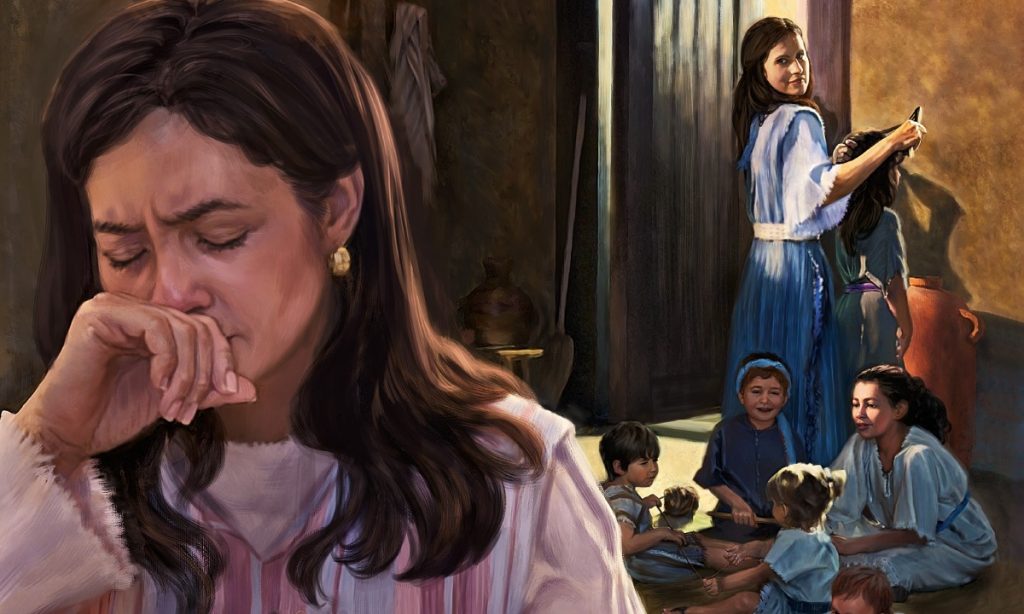
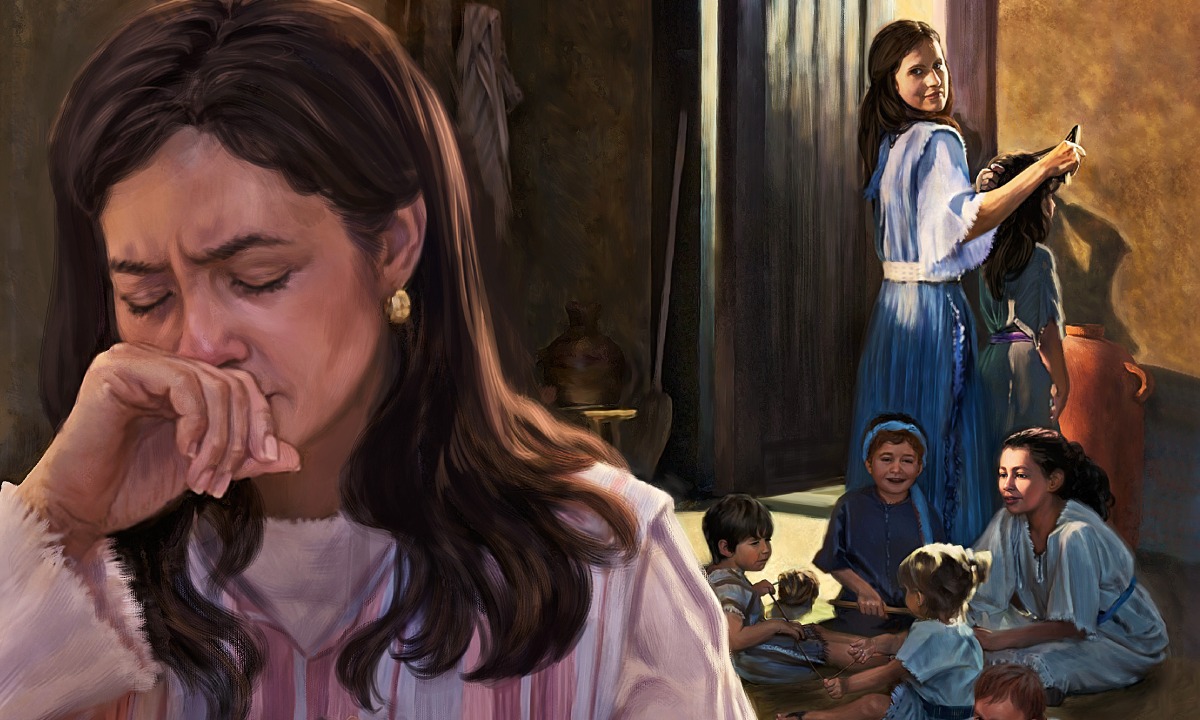 Read 1 Samuel 1
Read 1 Samuel 1
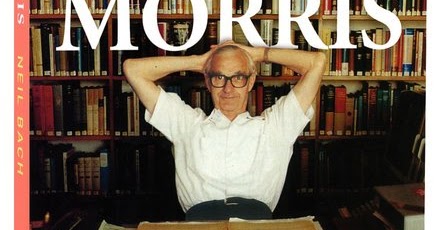
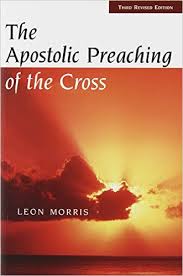
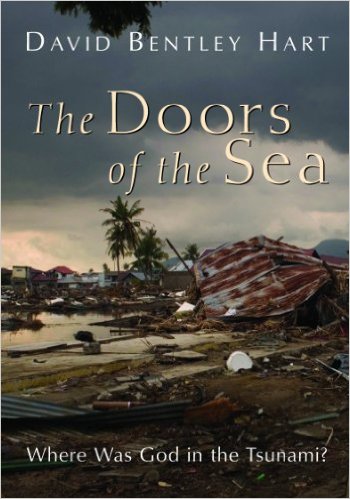

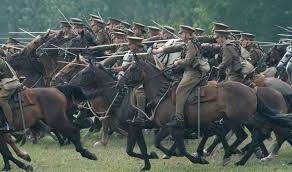 Proverbs 21:31
Proverbs 21:31